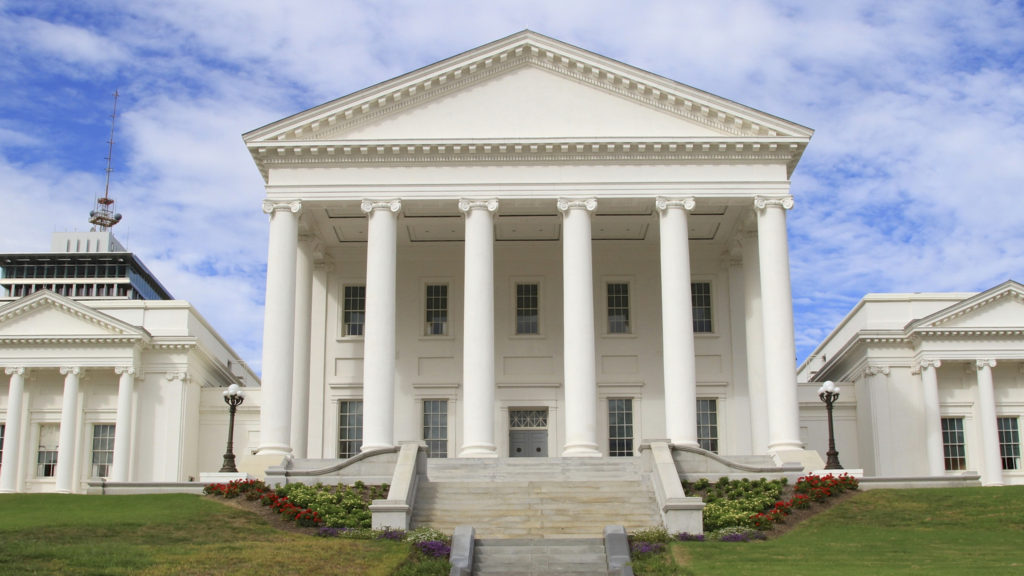On April 18, 1619, George Yeardley arrived in Jamestown in the then-British colony of Virginia, assuming the position of deputy governor. Two months later, on July 30, 1619, Governor Yeardley would preside over the first session of the first representative legislative body, which became known as the House of Burgesses, beginning a four century-long tenure of the oldest continuous law-making body in the “New World.”
Marking the 400-year anniversary of the Virginia General Assembly, which became the body’s official designation in 1776 with the ratification of the Virginia Constitution, the House Clerk’s Office today released the completed iteration of its ambitious, multi-year project to record and share biographical sketches and legislative service information on the nearly 10,000 men and women who have served as Burgesses or Delegates since 1619.
Debuted in January 2019 at the start of the session on Bank Street in Richmond, the Database of House Members (DOME) is divided into four categories: Burgesses and Delegates, Speakers and Clerks, Legislative Sessions and Committees, and State Capitol Locations.
The first and second categories offer a multitude of personal, legislative, and historical information on current and former House members, as well as the institution’s chief presiding officers, the speakers, and the body’s chief administrators, the clerks.
The third category provides a chronology of legislative floor sessions over the past 400 years, listing leadership roles of members and their committee assignments.
The final category describes the various meeting locations at which the body has assembled, beginning with the church at Historic Jamestowne Island, the Colonial Capitol in Williamsburg, and the present seat of the Commonwealth’s government since 1788 atop Shockoe Hill in downtown Richmond.
DOME also contains a feedback mechanism which encourages user interaction, designed as a living research tool to encourage the public to help write the ongoing history of the historic House of Delegates and those who have been elected to serve in it by sharing what they may know from their own research or family archives.
“It is not only apt but fantastically fitting,” noted House Clerk Paul Nardo in a press release, “formally to launch this new educational resource 400 years to the day representative democracy began taking shape in North America.”
“I hope DOME increases public understanding of this venerable institution, its leaders and our individual members, and ultimately affords users the opportunity to make connections with our past in order to help shape a better future for our entire Commonwealth,” he added.

